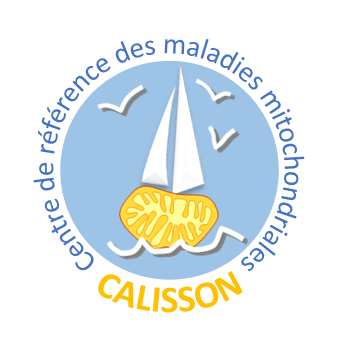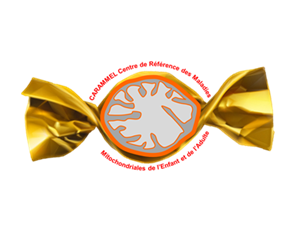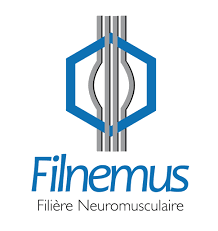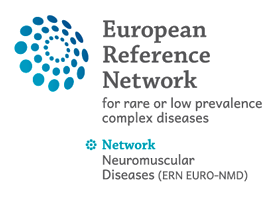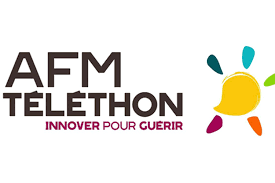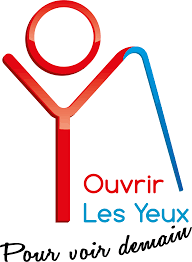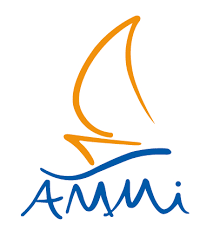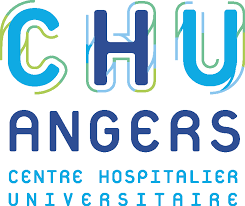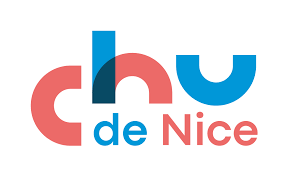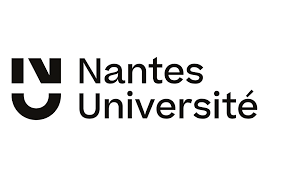MITOMICS
Mitochondrial Disease database: An integrated multi-OMICS approach

Key elements
To date:
- Approximately 1 in 4,300 people is affected by a mitochondrial disease.
- Over 50% of patients remain undiagnosed.
- More than 5,000 patients are already included in the Mitomatcher database.
What is the MITOMICS research project?
MITOMICS represents the creation of France’s first nationwide database compiling genetic and clinical data from patients with mitochondrial diseases. The goal of this database is to enhance patient care and accelerate the diagnostic process.
The project is led by a multidisciplinary scientific team—including physicians, researchers, and engineers—who bring together expertise in genetics, bioinformatics, artificial intelligence, and the human and social sciences.
Project Objective
What are mitochondrial diseases (MDs)?
Each cell contains mitochondria, which provide the energy needed for the cell to function. Their number increases in organs with high energy demand (muscles, brain, nerves, etc.).
Mitochondrial diseases are rare genetic disorders caused by the malfunctioning of these mitochondria. They encompass a wide range of conditions that can vary significantly from one another — such as MELAS syndrome, MERRF syndrome, Kearns-Sayre syndrome, and progressive external ophthalmoplegia.
Diagnosing these rare diseases is challenging, and patients often experience a diagnostic odyssey that can last several years.
Why create a database?
Thanks to advances in molecular diagnostic techniques — particularly next-generation sequencing (NGS), which can analyze hundreds or even all genes in an individual — genetic diagnosis of MDs has significantly improved. However, due to the genetic complexity of these diseases, and despite these advanced technologies, around 50% of patients still do not receive a molecular diagnosis.
Other available “multi-OMICS” analyses such as protein analysis (proteomics) or metabolism (metabolomics), for example, also offer valuable insights.
The MITOMICS project aims to integrate all these genetic, biological, and clinical data into a centralized database named Mitomatcher. This large dataset will be analyzed using novel bioinformatics tools and artificial intelligence.
These new technologies open up promising avenues to better understand the relationship between a genetic abnormality and the symptoms observed in patients.
Who collects and uses the data?
Data collection is based on close collaboration between 11 French diagnostic laboratories specialized in mitochondrial diseases, working together as part of the MITODIAG network (www.mitodiag.fr). Each laboratory contributes patient-derived information to the database.
These data are then made available to healthcare professionals and researchers to improve patient diagnosis and advance research into mitochondrial diseases.
To facilitate access, a dedicated web interface, Cafe Variome, has been developed within the MITOMICS project in collaboration with Prof. A. Brookes’s team at the University of Leicester (UK). This tool allows professionals to explore the data contained in the Mitomatcher database.
What is the purpose of the database?
The database is designed to be continuously maintained and updated to expand scientific knowledge and to:
- Simplify the interpretation of genetic testing results
- Improve patient care
- Increase access to clinical trials
- Optimize diagnostic strategies
- Provide new leads for therapeutic solutions
However, these emerging technological strategies raise significant ethical, economic, environmental, legal, and social challenges, which may lead to complex societal transformations. These dimensions have been studied by the human and social sciences team led by Prof. S. Tirard at the University of Nantes, resulting in the publication of a 2025 (article in Médecine/Sciences) dedicated to the concept of “mitochondrial medicine.”
Mitodiag network
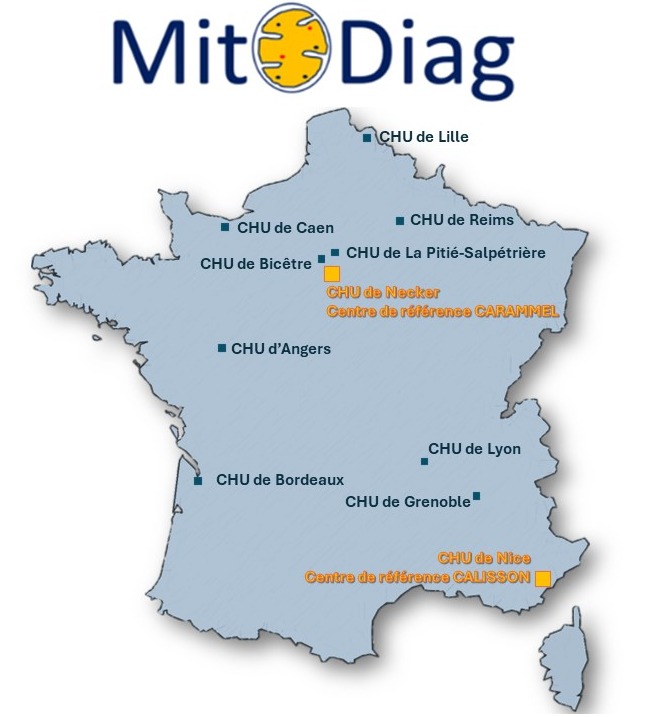 | 11 diagnostic laboratories:
|
Partners
.
Academics
|
|
|
|
Governance
Scientific and Technical Coordinators:
- Prof. Vincent PROCACCIO, University of Angers and Angers University Hospital
- Prof. Sylvie BANNWARTH, Nice University Hospital
This data management work provided by France Cohortes is supported by State funding managed by the French National Research Agency under the France 2030 program, reference ANR-21-PMRB-0012.
No news has been published for this cohort, you can consult all the news in the spotlight section
La « médecine mitochondriale » à l’aune du quatrième plan national maladies rares (PNMR4) L’exemple du projet MITOMICS. Clémence Guillermain, Stéphane Tirard, Sylvie Bannwarth, Vincent Procaccio médecine/sciences 2025 ; 41 : 000-000
